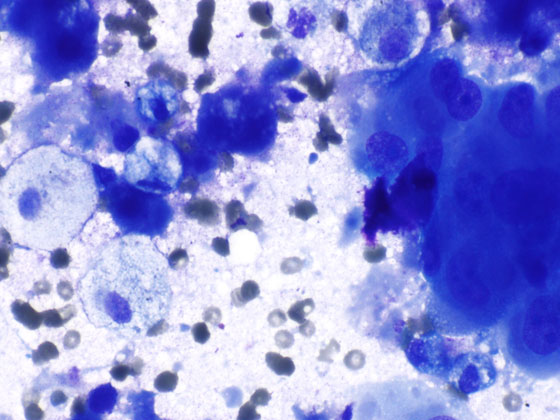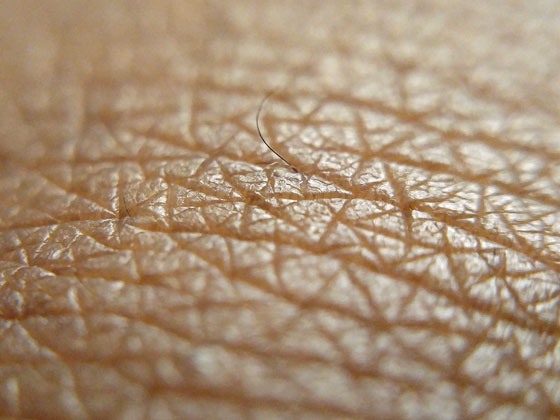Research News
-

Parkinson’s implant uses brain’s signals to adapt treatment
Scientists in the USA have developed a new deep brain stimulation method to treat the symptoms of Parkinson’s disease. While present deep brain stimulation for Parkinson’s is constant, the new method is ‘adaptive’. This means the stimulation changes in real time, based on the patient’s neural signals. The study, published today in the Journal of […]
-

Planning for extreme temperatures could help five billion people worldwide
Acting on extreme temperature forecasts could reduce the risks posed to around five billion people by heatwaves and coldwaves, new research has found. Extreme temperatures are a primary cause of death and disease worldwide, and heat extremes are projected to rise in many regions. The research from the Red Cross Red Crescent Climate Centre and […]
-

Penguin colonies resemble liquids, physicists find
Penguins and physicists do not often cross paths, but a new physics study has found king penguin breeding colonies organise and move in a similar way to liquids. “In this study, we aimed to uncover the structural order in a king penguin colony during the early stage of the breeding cycle, when most of the […]
-

‘Dieselgate’ impacted climate as well as human health
Improved diesel technology, combined with generally better fuel economy, has led to the widespread belief that diesel vehicles are more environmentally friendly than their petrol counterparts. But a new study shows diesel cars with ‘defeat devices’ may have no environmental benefit over petrol cars. The research looked at the on-road driving impact of Volkswagen (VW) […]
-

3D modelling unlocks insight into cancer progression
Medics may soon have a better understanding of how cancer tumours grow and progress, thanks to research from an international collaboration. The study examined how the various cells that comprise tumours interact, in what is known as the tumour microenvironment (TME). It is published today in the journal Biofabrication. Senior author Professor David Mooney, from […]
-

USA flood risk is vastly underestimated, study shows
Current flood risk models for the contiguous United States vastly underestimate the amount of people, land, and assets at risk from severe flooding, according to new research. In the first study of its kind, a team led by researchers at the University of Bristol, UK, in collaboration with scientists at Fathom, The Nature Conservancy and […]
-

Reports of coal’s terminal decline are premature
Rapid expansion of coal power plants in Turkey, Indonesia and Vietnam – Climate targets need active policy While fewer new coal-fired power plants are now being built in China and India, the planned expansion in the use of coal in fast-growing emerging economies, such as Turkey, Indonesia and Vietnam, will in part cancel out the […]
-

Human skin pigmentation recreated – with a 3D bioprinter
A new method for controlling pigmentation in fabricated human skin has been developed by researchers from A*STAR’s Singapore Institute of Manufacturing Technology (SIMTech) and the Singapore Centre for 3D Printing (SC3DP) at Nanyang Technological University. In their paper, publishing today in Biofabrication, the team show how they utilise 3D bioprinting to control the distribution of […]







